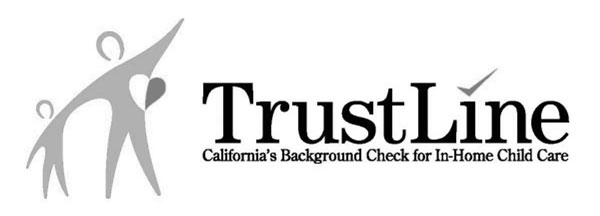When you hire someone to work in your home and pay them fairly and on the books, you become a household employer. That requires paying them accurately with taxes withheld, in addition to following the laws surrounding leave and time off. It is important to read about these ahead of time and have an established policy in place in your employment agreement. Here are some important must-knows.
Paid Family Leave
Paid Family Leave is a requirement in 14 states currently. This type of leaving isn’t the same as taking time to deal with grief or the legal arrangements of a loved one’s death. Instead, paid family leave allows employees to take time off to care for a loved one that might be ill, or to care for a new child. Usually, the leave covers employees that need to care for a spouse, domestic partner, parent, or child, but some states allow benefits for other family members such as siblings or grandchildren. Paid family leave varies from state to state and is different than the FMLA (Family and Medical Leave Act), which is a federal act and is mandatory for employers to honor.
Bereavement Leave
If your employee has a family member that passes away, they will need to make funeral arrangements, attend the funeral, handle the person’s belongings or assets, and deal with a variety of other matters. Most household employers offer paid leave of three to five days after the death of an immediate family member. For non-immediate family members, the general time offered is one to two days. If you want, you can offer an additional amount of time that is unpaid, but this may need to vary from situation to situation. All these details should be clearly outlined and discussed in your written leave policy, so there is no confusion when the time comes.
Paid Time Off (PTO)
This type of time off covers paid time away from the job. This can be used for whatever the employee wants. It could be for a vacation, for sick time, personal appointments, mental health days, or something else. As an employer, you can put a cap on how many PTO days can be earned in a year. You can also decide if you allow the PTO days to accumulate and roll over from year to year.
Not sure what else you should include in your leave policy? As we help place your new employee in your home, we can also help answer questions you have! Call us today to get the hiring process started.







